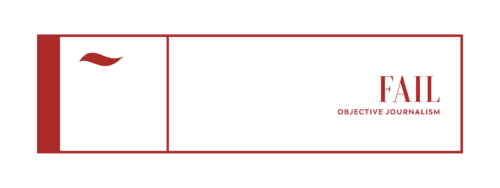Censorship Watch
Censorship Over Security? JD Vance Calls Out Europe’s Biggest Threat
Last week, Vice President JD Vance took the stage at the Munich Security Conference, and while many expected him to focus on Ukraine or global security, he instead delivered a blistering critique of Europe’s growing censorship problem. His speech was a wake-up call to European elites who claim to defend democracy while actively undermining it through speech restrictions and political suppression.
Vance’s message was clear: censorship is a greater threat to Europe’s future than Russia or China. And honestly? He’s not wrong.
Europe’s leaders love to position themselves as champions of democracy, yet their actions tell a different story. Across the continent, governments are shutting down speech, canceling elections, and cracking down on political dissent—all under the guise of “protecting democracy.” But a democracy that silences its own citizens isn’t much of a democracy at all.
Take Romania, for example. The government recently voided an election simply because the “wrong” candidate won, a move that reeks of authoritarianism rather than democratic governance. European officials never miss an opportunity to lecture the world about democratic values, but when populist movements gain traction, the establishment suddenly scrambles to shut them down.
Vance also took aim at the convenient use of “misinformation” as a pretext for silencing opposition. European governments have weaponized the term to shut down debate, branding criticism of immigration policies or government overreach as Russian propaganda. When did having a different opinion become a crime?
He pointed out the absurdity of blaming social media for election outcomes, questioning the strength of any democracy that claims a few Facebook ads can upend its entire system. If leaders truly respected their voters, they wouldn’t dismiss election results as the product of foreign interference whenever they don’t like the outcome.
The censorship problem was on full display at the very conference where Vance spoke. The Munich Security Conference outright banned both right-wing and left-wing populists from participating, proving his point that the establishment isn’t interested in genuine debate. If their ideas are so fragile that they can’t survive opposition, then perhaps the real problem isn’t the populists—it’s the elites themselves.
Ultimately, Vance’s speech was a much-needed reality check. If Europe truly wants to defend democracy, it must stop acting like its own worst enemy. Silencing voters, censoring speech, and canceling elections are not the hallmarks of a strong, free society—they are the desperate tactics of a ruling class terrified of its own people.
If European leaders really believe in democracy, it’s time they started acting like it.






